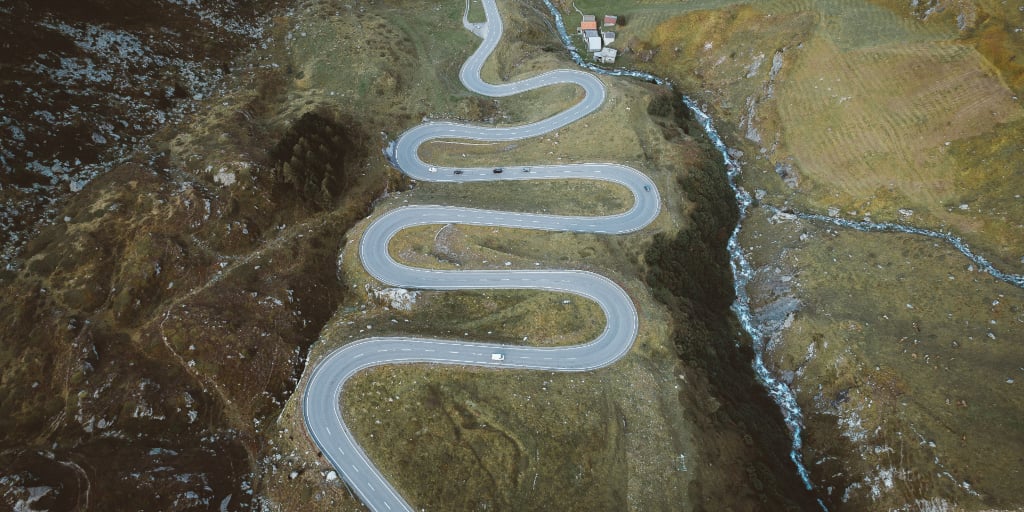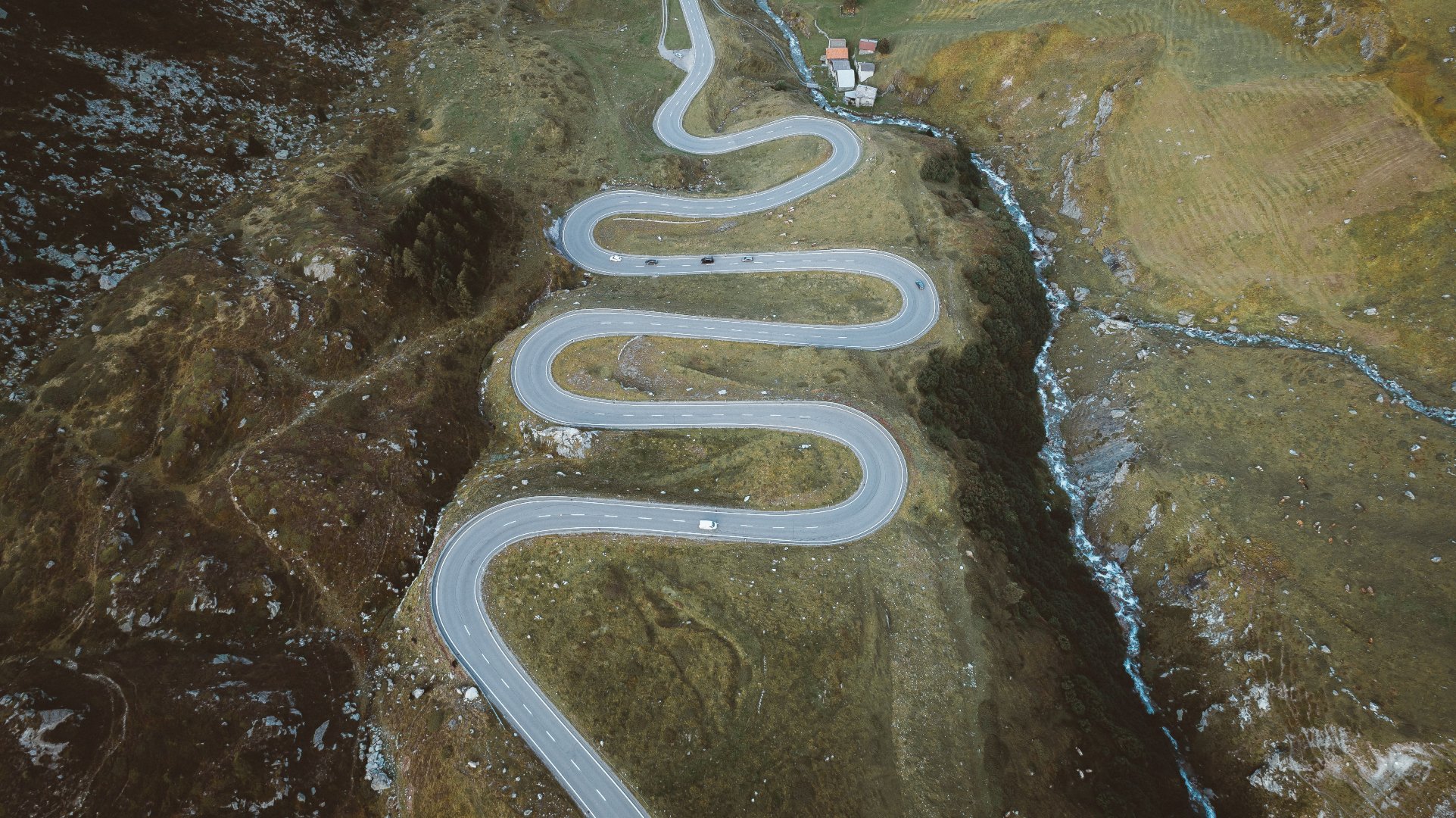
Nathan Ahearne ponders how Jesus' ministry teaches the disciples (and us) to slow down, engage, and move with kindness.
My family recently moved to a new house and one of the many adjustments includes new routes to work and school. Along one particular stretch there are three sets of chicanes and a speed bump for good measure, positioned to slow down traffic passing through the neighbourhood and provide safety for pedestrians and residents. I’ve tried to calculate if it would be quicker to take an alternative route to avoid being slowed by this triple threat to my daily commute, but have resigned to the fact that it is still quicker to weave my way through the chicanes.
The word chicane comes from the French verb ‘chicaner’, which means to create difficulties or dispute pointlessly and seems an apt description when applied to my travels (and frustrating conversations with my kids). And yet, don’t we need these ‘chicanes of life’, those difficult people we try to avoid, the situations we know will hold us up, the processes that take longer?
I’m thinking of my daughter learning to tie her shoelaces: it would be so much quicker if I just did it for her, plus we should have left for Mass five minutes ago! Instead of putting the foot on the brake, have you ever driven over the top of someone, rather than patiently engaging them in conversation? Perhaps you avoid some people altogether, going out of your way to bypass the threat of a challenging encounter that will steal your time and energy.

We see in Jesus’s ministry that He steers towards the people on the back roads and is slowed down by their presence, even though his disciples encourage him back to the freeway. Jesus allows the sick, the children, the outcast, the sinners and the lonely to derail the thinking of the disciples who will eventually understand that these people are not a detour, but the ultimate destination of God’s love. Perhaps that is why St. Francis de Sales cautions us to “never be in a hurry; do everything quietly and in a calm spirit. Do not lose your inner peace for anything whatsoever, even if your whole world seems upset."
After days of racing from one thing to the next, Sunday offers my family a change pace; we turn off the screens, celebrate the Eucharist, and waste time together. It’s more of a stop sign than a chicane, a retreat from the busyness of the four-lane highway of family routines. As William Davies put it in his poem ‘Leisure’, it’s taking time to stop and stare.
Recalling a novel by Ricardo Guiraldes, Pope Francis encourages us to develop "the ability to move with kindness and humility, a calmness in life." In a fast-paced, efficiency-oriented world that prioritises productivity over people, we need to go gently, to slow down and let our spirit catch up.
LeisureWhat is this life if, full of care,
We have no time to stand and stare.No time to stand beneath the boughs
And stare as long as sheep or cows.No time to see, when woods we pass,
Where squirrels hide their nuts in grass.No time to see, in broad daylight,
Streams full of stars, like skies at night.No time to turn at Beauty's glance,
And watch her feet, how they can dance.No time to wait till her mouth can
Enrich that smile her eyes began.A poor life this if, full of care,
We have no time to stand and stare. (William Henry Davies, 1911, Public Domain)
Where are the chicanes in your life?
Do you avoid or embrace them?
When was the last time you slowed down to ‘stand and stare’?
Discover Pope Francis’s ten secret to happiness.
Copyright 2021 Nathan Ahearne
Image: Chris Henry (2020), Unsplash
About the Author

Nathan Ahearne
Nathan Ahearne's faith journey has helped to shape the person he is today as husband, father, teacher and formator of young people. His vocation and faith are strengthened and nourished by those he encounters in service and contemplation. Nathan is a creative thinker and likes to roll up his sleeves and see projects through to completion. He is a John 10:10 fan. Read more at Expressions of Interest.


.png?width=1806&height=731&name=CatholicMom_hcfm_logo1_pos_871c_2728c%20(002).png)
Comments